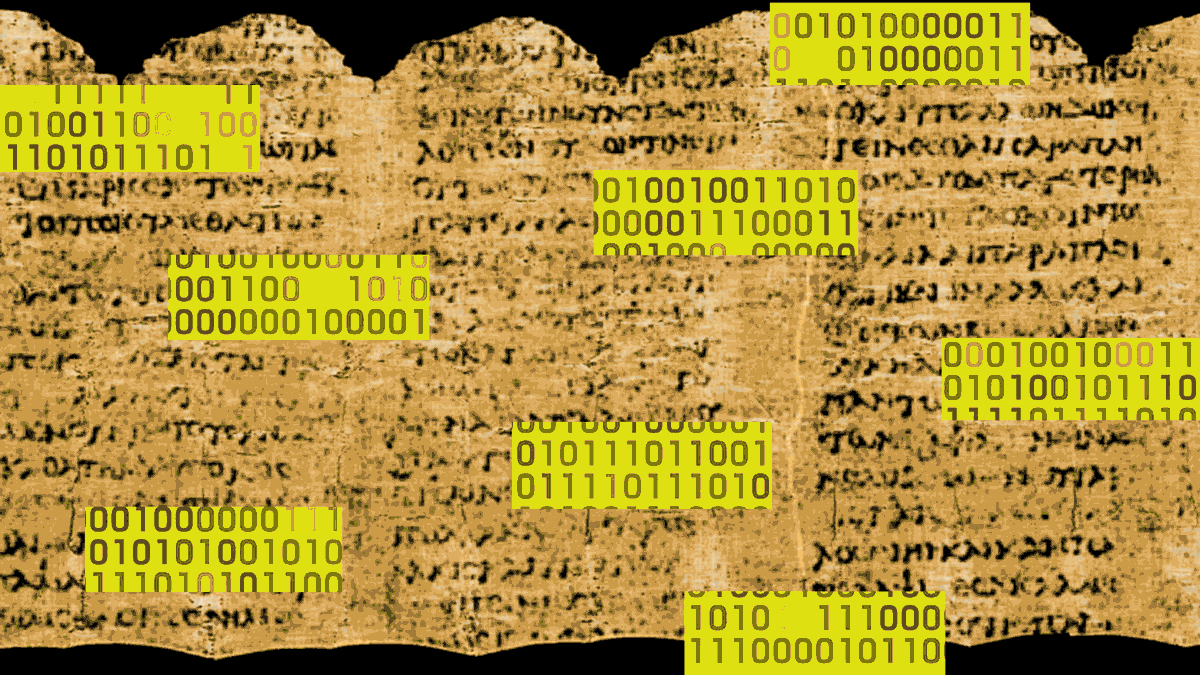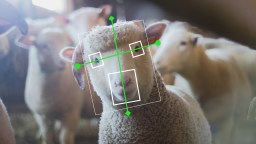Danfung Dennis is the director of Hell and Back Again, a 2012 Academy Award nominee for Best Documentary Feature.
DANFUNG DENNIS: So right now, it's this really early crude technology, and it isn't possible to fully capture the full human experience. We can't yet inhabit someone else's body. We can't take perspective from behind their eyes. But we can get very close to that.
But right now it's still a "your head is in the VR world" and nothing else. You're going to be able to look around. But as we get more hand tracking, body tracking, your body will start to feel like it's in VR. So then how do we get to the point where we can actually inhabit someone else's view or a different species or a different plant, or even a solar system—things that were just not possible?
So I think right now there is this limitation in just the amount of throughput of pixels that you can display on the screen. We know we need probably a hundred times the amount of data flowing through our optic nerves to get closer to how much information we're taking in with our eyes in the real world now. We know that the audio has to be far more fluid and far more tracked to how we're moving our heads to have that accurate spatial soundscape. But then, even if all of those things are real, even if you're wearing a full haptic suit and the touch was right and the smell was right and maybe there was a way to do taste, you're not actually feeling the emotion of someone else. That's not something that you can inject. But you can invoke it and this is back to our natural ability to empathize. And you can look across species of different animals and they exhibit empathy. It's something that's not unique to us. And it's something that we can foster and cultivate, we can train. We can improve it or we could be trained not to use it; we can be cold, competitive. But there is this ability and it's through years or thousands of years of ancient wisdom from Eastern philosophies and wisdom to cultivate our mind to be able to cultivate the most beneficial aspects of what we're capable of doing.
And so if we're able to put ourselves in situations that require us to resonate emotionally with someone else and then require us to help—and you can see this as potentially in the future an interactive layer in the experience in which you can reach out, you can pull a remote and you're donating directly to someone that is in need. And so this interactive experience in which you're training yourself to emotionally resonate, training yourself to take an action, this will carry on within you, in your mind and your body, after that headset has been taken off. So this ability to improve ourselves to become a more empathetic and compassionate society is what I hope we will use this technology for.





